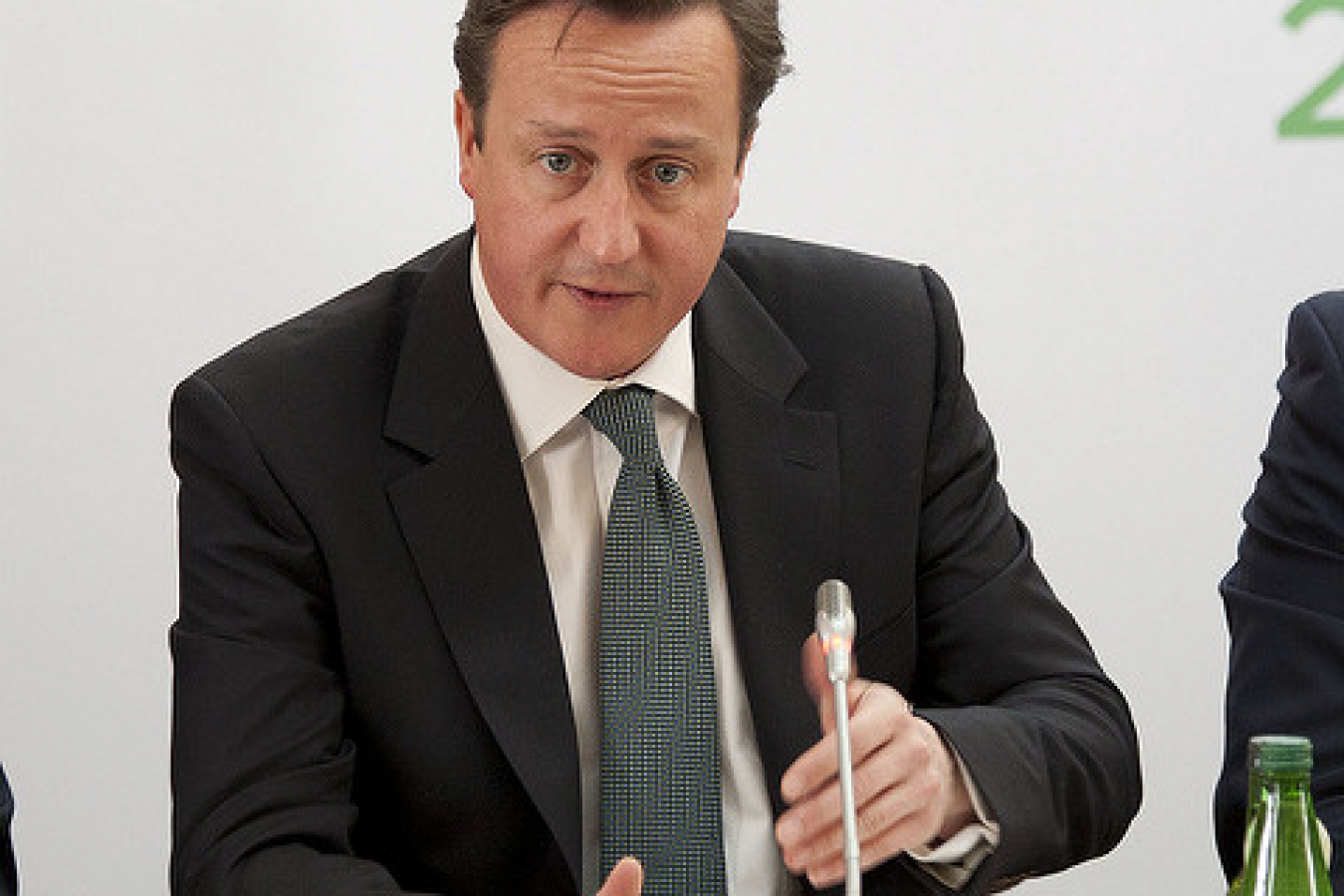There are signs that the UK's Prime Minister, David Cameron, is becoming increasingly isolated in Europe because of his calls for the European Union to limit the freedom of movement of labour throughout the Union.
Mr Cameron told a leaders' summit in Brussels in December 2013 that the EU must 'slow down access to each other's labour markets'.
Speaking to journalists outside the summit, Mr Cameron said 'We need to return the principle of free movement to a more sensible basis and make it clear that it cannot be a completely unqualified right. We must return it to what the EU first envisaged: the free movement of workers ready to work hard and get on in life, not the free movement of those after the best benefit deal.'
UK may block new EU admissions
He said that, unless a deal could be done to limit movement from poorer countries in the east to western countries such as the UK, then the UK would be likely to block the membership of new states such as Serbia, Turkey, Albania, Macedonia and Bosnia.He told the press that Holland, Germany and Austria had similar concerns and agreed with the UK position.
In recent weeks, ministers in the UK's Coalition government have announced measures which will make it harder for EU citizens to come to the UK and claim benefits. The UK has already announced that no EU national will be able to claim unemployment benefit until they have been in the UK for three months.
EU citizens to lose right to UK housing benefit
In a newspaper article on Sunday 19th January 2014, Mr Duncan Smith said that, from April 2014, EU nationals will not be able to claim housing benefit at all. In interviews, he has claimed that Germany and the Netherlands are in agreement with the UK that benefits should be limited.But it appears that Mr Duncan Smith may have overestimated the level of support the UK has for its policies in other EU states.
It must have been a blow for Mr Cameron and the Conservatives when the German foreign minister Frank-Walter Steinmeier spoke out against the UK position. Mr Steinmeier was unequivocal in his opposition when speaking to journalists on Tuesday 21st January.
Germany has 'benefited tremendously' from free movement
He said 'Germany has benefitted tremendously from this [free movement] and surely more than others. Now many young people from southern Europe are coming to us, to learn and study. That benefits us and also helps the states from which they come'. He continued 'Whoever questions that damages Europe and damages Germany'.The Irish Europe minister Paschal Donohoe also hit out at Mr Cameron's anti-immigrant stance. She told The Financial Times 'The ability of people to move freely around the union is an absolute cornerstone of the European Union'.
Writing on the Politics.co.uk website, Ian Dunt reports that a senior EU diplomat said 'Weakening of European freedoms is out of the question'. He continued 'One can only warn against sacrificing the great European achievements on the altar of political populism'.
Cameron in a difficult situation
The lack of support in other EU Countries for controls on the free movement of labour puts Mr Cameron in a difficult situation. His power-base at home is under threat from the anti-EU UK Independence Party.Recent polls show increased support for UKIP, a right-wing party campaigning for the UK to leave the European Union. UKIP are likely to come second to Labour in this year's elections for the European Parliament which will be held in May 2014.
Pollsters say that many of UKIP's votes will come from voters who normally vote for the Conservatives. The Conservatives are likely to come third with only 26% of the vote.
UK can only cut immigration if it leaves the EU – UKIP
UKIP has successfully tapped into anti-immigration sentiment in the UK and linked it to the UK's membership of the EU. It says that the UK can only cut immigration if it leaves the EU because the principle of 'free movement of workers' allows EU citizens to live anywhere in the European Union.Indeed, it is thought that 1m people from eastern Europe came to live in the UK between May 2004 and December 2006 after eight new countries joined the EU. Many, particularly low-skilled UK-born workers, blame eastern European immigration for unemployment in the UK.
Cameron seeking to 'talk tough'
Mr Cameron has sought to 'talk tough' on immigration and win back some of the votes his party the Conservative Party have lost to UKIP. In order to placate the right-wing 'eurosceptic' wing of his own party, he has promised that, if elected, a Conservative government would hold a referendum on the UK's membership of the EU during the course of the next parliament.He has also sought to build a coalition within Europe to help lobby for reform of the Union but, it seems, that these efforts are likely to come to nothing.
Workpermit.com is a specialist visa consultancy with 25 years' experience dealing with visa applications. We are OISC registered. We can help with a wide range of visa applications to the UK or your country of choice. Please feel free to contact us for further details.




